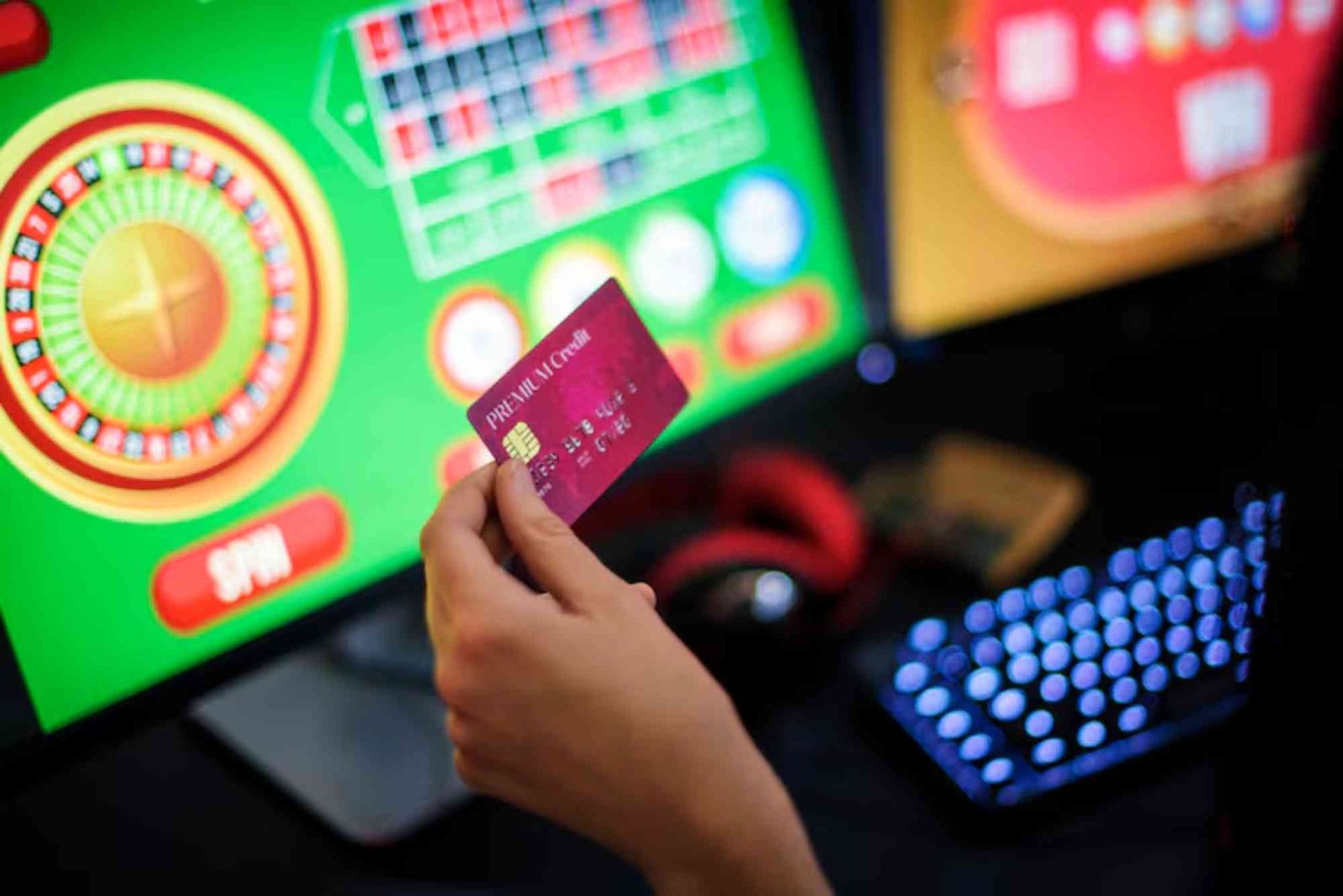Understanding the Basics: Odds vs. Payouts
When you walk into a casino—whether brick-and-mortar or an online non GamStop casino—you’ll see two broad categories of games: table games and slot machines. At their core, both are designed to give the house an edge. However, the way that edge is applied differs substantially. Table games calculate odds based on combinatorial mathematics and player decisions, whereas slot machines rely on random number generators (RNGs) to deliver payouts calibrated by return-to-player (RTP) percentages. Grasping these fundamental differences is key to choosing games that align with your play style, bankroll, and entertainment goals.
How Table Game Odds Are Calculated
Table games such as blackjack, roulette, baccarat, and craps offer structured odds that players can often influence through strategy. Take blackjack: standard rules give the house roughly a 0.5–1% edge when you employ basic strategy perfectly. This is because the odds of each card combination are mathematically known, and decisions like hitting, standing, splitting, or doubling down directly affect your expected return.
In roulette, the house edge stems from the zero (and double zero in American wheels). European roulette, with its single zero, carries a 2.7% house edge, while American roulette’s double-zero wheel jumps to 5.26%. Since the probabilities of landing on a number are fixed, the casino’s advantage is baked in by paying slightly less than true odds for each bet.
Because these odds are transparent and fairly stable, experienced players can calculate their expected losses per hour and make informed choices. In contrast, slot machines mask their mechanics behind eye-catching graphics and bonus features, making it impossible to predict win frequency without knowing the RTP.
Slot Machine Payouts and Return-to-Player Explained
Slot machines look simple: spin, match symbols, and win. But behind the glittering lights and loud sounds lies a carefully programmed RTP. This percentage—typically ranging from 92% to 98%—represents the theoretical long-term return. A slot with a 95% RTP will, on average, give back £95 for every £100 wagered over millions of spins.
For players exploring the broader market, especially at alternative sites like non GamStop casino platforms, you’ll find slots with varied RTPs, bonus structures, and volatility levels. High-RTP games tend to pay smaller amounts more frequently, while lower-RTP or high-volatility slots might deliver fewer but larger payouts. Remember, RTP is theoretical: in a single session, your results can deviate widely based on luck and variance.
Comparing Volatility and Variance
Beyond RTP, slot machines also feature volatility or variance ratings—terms that describe how wins are distributed. A low-volatility slot pays out small wins often, creating a steady play experience. Conversely, high-volatility slots pay large wins rarely, offering thrilling jackpot potential but requiring a larger bankroll to weather dry spells.
Table games, on the other hand, usually have low variance. A well-played game of blackjack yields small, consistent wins and losses, with occasional swings during doubling-down or splitting sessions. Roulette’s variance depends on your bet type—straight-up number bets produce high variance (35:1 payout but 37 chances to lose), while even-money bets (red/black) have much lower variance.
Real-World Example: Blackjack vs. Slots Session
Last month, I compared two one-hour sessions with a £100 bankroll. In blackjack using basic strategy on a single-deck game, I placed £10 bets and saw my balance fluctuate between £90 and £110 throughout—always within 10% of my starting stake. My net result was a modest £5 gain.
In a high-RTP slot (“Golden Pharaoh,” 97% RTP), I also spent an hour betting £1 per spin. I experienced long stretches of losses, bookended by several small wins, ultimately finishing with £95. The slot session was more emotionally taxing—waiting for bonus features and hoping for that rare big hit.
House Edge: Table Games vs. Slots
The house edge in table games is explicit. Baccarat’s banker bet has a 1.06% edge, while craps’ pass line bet sits at 1.41%. These percentages are published and widely known. By contrast, slot RTPs are sometimes published but rarely guaranteed in real time. Many jurisdictions require slot machines to display RTP ranges, but without transparency on individual game settings, you’re trusting the casino or software provider.
This difference means you can make risk assessments with table games, but slots remain largely opaque. If you want to minimize the house advantage, table games—played with optimal strategy—are generally superior.
Strategy Impact: Skill vs. Luck
In table games like blackjack and poker, skill and decision-making can shift the odds slightly in your favor. Skilled card counters in blackjack can even eliminate the house edge or turn it positive. In poker, you’re playing against other players, not the house, making it uniquely skill-based.
Slots are pure luck. No amount of analysis changes the RNG outcome of a spin. Your only levers are bet size, volatility preference, and RTP selection—none guarantee victory but influence the nature of your session. If you thrive on skill-based challenges, table games will reward your strategic thinking more than slots ever could.
Bankroll Management Across Game Types
Whether you choose a table game or slot machines, sound bankroll management is crucial. With table games, you can calculate expected loss per hour by multiplying your average bet size by the house edge and your hourly bet rate. For example, betting £10 per hand at blackjack with a 0.5% house edge and 60 hands per hour yields an expected loss of just £3 per hour.
Slot sessions require a broader cushion. If you bet £1 per spin at 95% RTP and spin once every 5 seconds, you’re wagering £720 per hour with an expected theoretical loss of £36. However, variance means your actual results could swing wildly above or below that average.
Practical Insights for Players
-
If you seek predictability and the chance to exercise skill, prioritize table games. Learning basic blackjack strategy or understanding roulette bet types gives you an informational edge.
-
If you prefer automated gameplay and the thrill of bonus rounds, slots deliver unmatched variety. Opt for high-RTP, mid-volatility games to balance risk and reward.
-
Diversifying your play—spreading a session across table games and slots—can balance entertainment and expected loss.
-
Always set session limits: time, loss, and profit targets prevent emotional decisions and help you walk away on a high note.
Conclusion
Table games and slot machines both ensure the house profits, but they do so through different mechanisms. Table games rely on transparent odds and player decisions, offering low variance and potential skill advantages. Slots employ RNGs and RTP settings, presenting opaque but varied payout structures with volatility ranging from gentle to extreme. Understanding these distinctions empowers you to choose games that suit your temperament and bankroll, making your casino experience more enjoyable and informed.



